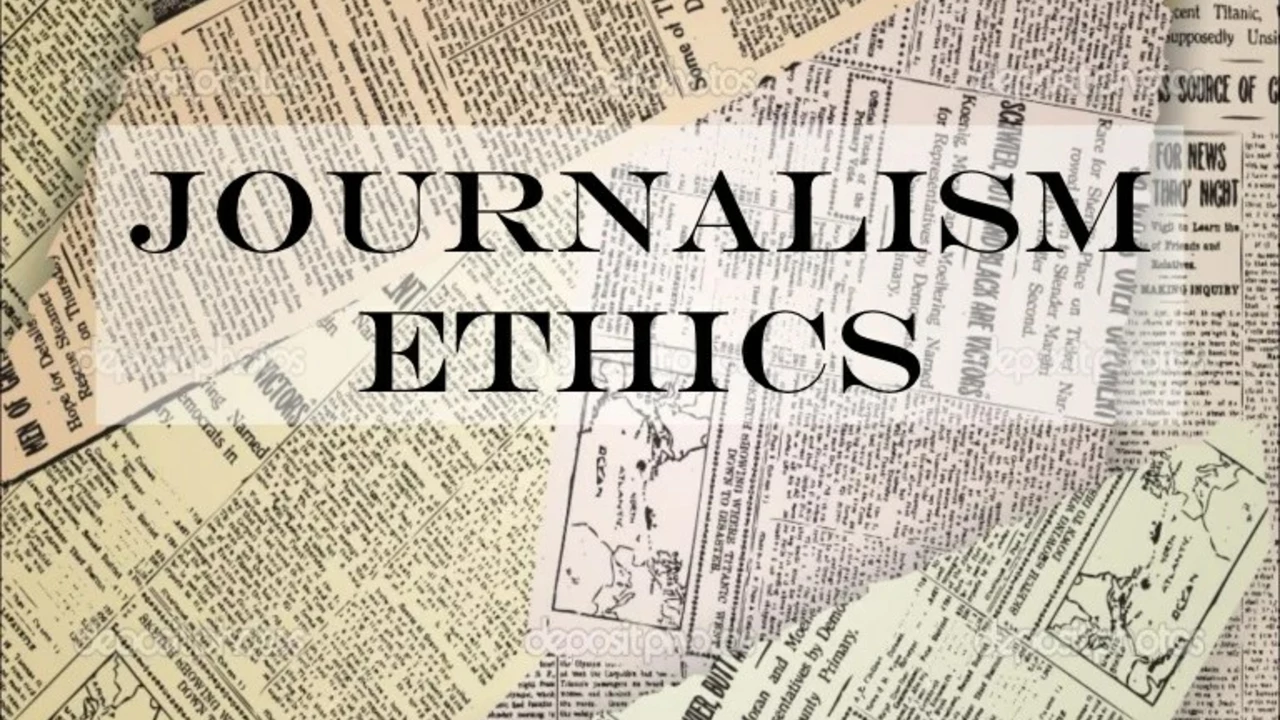Journalism Issues Shaping Indian Media Today
Ever wonder why news stories sometimes feel biased or why journalists face hurdles? You’re not alone. In India, the world of journalism is buzzing with debates about press freedom, ethics, and the role of media in everyday life. This page gathers the most talked‑about issues, giving you clear, no‑fluff explanations you can actually use.
Press Freedom – What’s Really Happening?
Press freedom is the lifeline of any democracy. In recent years, Indian journalists have reported increasing pressure from authorities, lawsuits, and even physical threats. When a reporter can’t write without fear, the whole public suffers. Real‑world examples include journalists covering protests being summoned for questioning, or news outlets receiving sudden tax notices after publishing critical stories. These incidents show a pattern: the more powerful the story, the higher the risk for the reporter.
Why does it matter to you? If the media can’t work freely, the information you rely on gets filtered, and the truth becomes harder to spot. Keeping an eye on press‑freedom indexes and supporting independent outlets can help maintain a balanced media landscape.
Ethical Dilemmas – Balancing Truth and Sensitivity
Ethics in journalism isn’t just about not lying; it’s about handling sensitive topics with care. Think about covering communal riots or political scandals. Reporters must verify facts, protect sources, and avoid sensationalism that could inflame tensions. A common slip is publishing unverified rumors because they attract clicks. While that might boost short‑term traffic, it erodes trust in the long run.
Practical tip: Look for news pieces that cite multiple sources and provide context. If an article seems to push a single narrative without evidence, it’s worth a second look. Good journalism will always show where the information comes from and explain why it matters.
Beyond these two big topics, the tag also includes discussions on the impact of digital platforms, the rise of citizen journalism, and how traditional newspapers are adapting to online competition. Each post on this page adds a piece to the bigger puzzle of Indian journalism today.
So, what can you do right now? Start by following a mix of mainstream and independent news sites. When you read a story, ask yourself: Who is quoted? What evidence backs the claim? Are there other angles missing? By becoming a critical reader, you support journalists who strive for accuracy and fairness.
Stay tuned as we keep adding fresh perspectives on journalism issues. The more informed you are, the better you can navigate the flood of news and make decisions based on facts, not hype.
What is wrong with Indian news channels?
In my opinion, the main issue with Indian news channels is the increasing trend of sensationalism over objectivity. There's an excessive focus on TRP-driven content that often overlooks the importance of accurate and unbiased reporting. The practice of shouting matches in debates, instead of fostering meaningful discussions, has also become a concerning norm. Furthermore, the line between news and entertainment appears to be blurring, compromising the essence of true journalism. Lastly, the influence of political and corporate ownership on news channels has raised serious questions about their credibility and independence.
full article